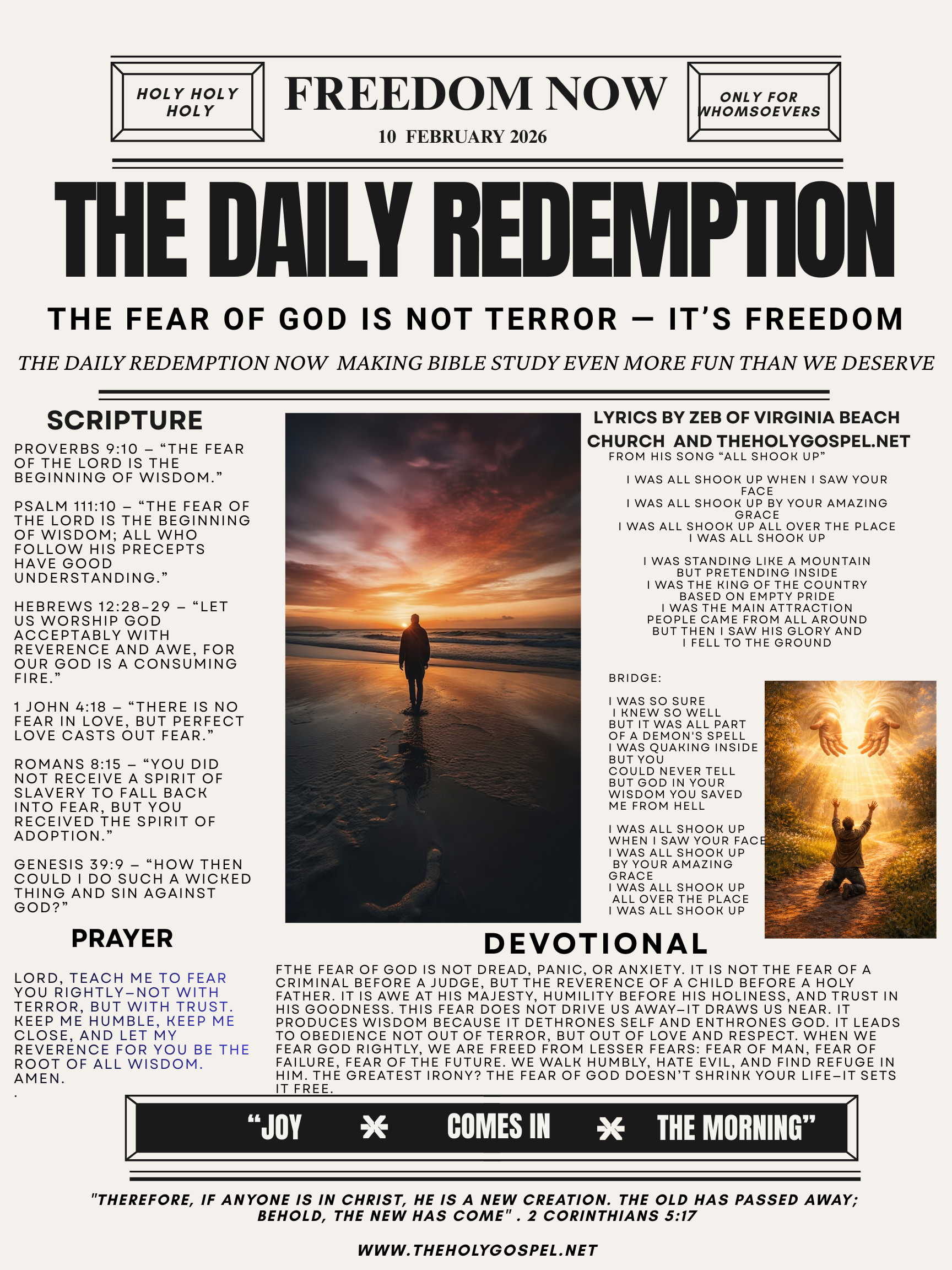Understanding the Consequence: The Account of Aaron’s Sons in Leviticus 10:15-20
Introduction (approx. 50 words):
In the book of Leviticus, the account of Aaron’s sons being consumed by fire is a significant and thought-provoking event. At first glance, the severity of their punishment may seem disproportionate to their actions. This article aims to delve into the context, symbolism, and possible reasons behind this incident to gain a deeper understanding of its significance.
The Context of the Event (approx. 100 words):
Leviticus 10:1-2 provides the backdrop for the incident involving Aaron’s sons, Nadab and Abihu. They offered unauthorized fire before the Lord, contrary to the specific instructions given by God regarding acceptable worship. Their action can be seen as a disregard for God’s prescribed order and a failure to recognize the holiness and reverence required in approaching the divine presence.
Holiness and Divine Order (approx. 150 words):
The incident underscores the importance of holiness and obedience to God’s commands in matters of worship. The act of offering unauthorized fire symbolized a self-determined approach to worship, disregarding the divine order established by God. The Lord’s response serves as a solemn reminder of the necessity to approach Him with reverence and adherence to His revealed instructions.
Lessons in Spiritual Leadership (approx. 150 words):
As priests, Nadab and Abihu held positions of spiritual leadership. Their actions carried greater significance as they represented the sacred role of intercession between God and the people. Their punishment serves as a reminder that those in leadership positions have a heightened responsibility to honor God’s directives and exemplify holiness before the community.
Divine Judgment and Teachable Moments (approx. 100 words):
The account of Nadab and Abihu’s punishment also highlights God’s role as the ultimate judge. While their offense may seem relatively minor, it demonstrates that God takes matters of worship seriously. This event served as a teachable moment for the entire community, emphasizing the need for obedience and respect in the presence of the divine.
Divine Sovereignty and Mystery (approx. 100 words):
Lastly, it is important to acknowledge that God’s ways and judgments can sometimes be beyond human comprehension. The specific details surrounding Nadab and Abihu’s actions and subsequent punishment are not explicitly explained in the text, leaving room for divine mystery and the recognition of God’s sovereignty.
Conclusion (approx. 50 words):
The account of Aaron’s sons being consumed by fire in Leviticus 10:15-20 presents a profound lesson on the significance of holiness, obedience, and reverence in worship. While the severity of their punishment may seem disproportionate, it highlights the importance of following God’s prescribed order and serves as a reminder of the divine standards for spiritual leaders and the community at large.



